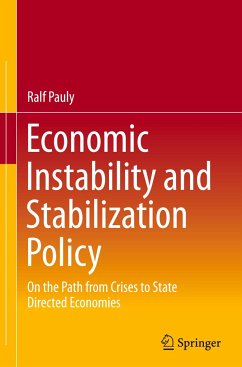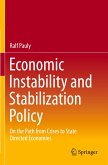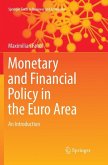This book pleads for a new orientation of government economic policy, as well as central bank policy, rejecting the traditional government stabilization policy that leads to a dead-end of economic instability and social inequality in the long run.
Growing economic instability and increasing state stabilization characterize the development of the capitalist market economy since the major world economic crises of the last century. The book examines these crises and the measures states take to overcome them. Additionally, it addresses the effectiveness and consequences of state intervention. In presenting the main features of Keynes' and Minsky's macroeconomics, the book provides a conceptual basis for an outlook on government stabilization in a changing market economy. It thus also offers a suitable framework for current economic policy discussions. Finally, the book examines the wider context of economic history for lessons to be learned.
This book is a must-read for scholars and students of economics, as well as policy-makers and practitioners, interested in a better understanding of macroeconomics, central bank policy, and the results of state intervention.
Growing economic instability and increasing state stabilization characterize the development of the capitalist market economy since the major world economic crises of the last century. The book examines these crises and the measures states take to overcome them. Additionally, it addresses the effectiveness and consequences of state intervention. In presenting the main features of Keynes' and Minsky's macroeconomics, the book provides a conceptual basis for an outlook on government stabilization in a changing market economy. It thus also offers a suitable framework for current economic policy discussions. Finally, the book examines the wider context of economic history for lessons to be learned.
This book is a must-read for scholars and students of economics, as well as policy-makers and practitioners, interested in a better understanding of macroeconomics, central bank policy, and the results of state intervention.








